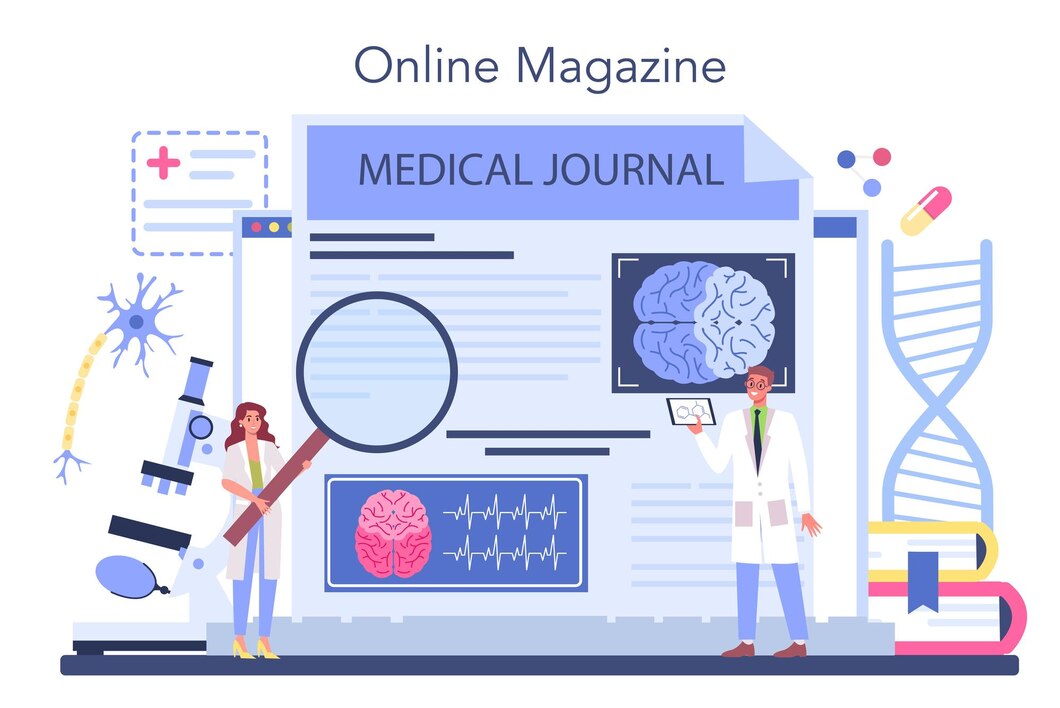Neurodegenerative diseases affect millions of people worldwide, causing progressive deterioration of neurons and resulting in severe cognitive and motor impairments. Traditional treatments have primarily focused on symptom management, but recent scientific advancements are paving the way for more effective and potentially curative therapies.
1. Drug Developments:
1.1. Disease-Modifying Therapies:
Recent drug developments aim to modify the disease process rather than just alleviate symptoms. For example, the FDA-approved drug aducanumab for Alzheimer's disease targets amyloid plaques in the brain, offering a novel approach to slowing disease progression.
1.2. Neuroprotective Agents:
Neuroprotective drugs, such as riluzole for ALS, aim to protect neurons from damage. Ongoing research is exploring various compounds that could offer neuroprotection and improve patient outcomes.
2. Gene Therapy:
2.1. Gene Editing Techniques:
CRISPR-Cas9 and other gene editing technologies hold promise for treating neurodegenerative diseases by correcting genetic mutations at the DNA level. This approach has shown potential in preclinical models for conditions like Huntington's disease.
2.2. Viral Vector-Based Therapies:
Using viral vectors to deliver therapeutic genes directly to affected neurons is another promising strategy. For instance, gene therapy for Parkinson's disease involves delivering genes that encode enzymes needed for dopamine production, aiming to restore normal brain function.
3. Stem Cell Therapy:
3.1. Regenerative Medicine:
Stem cell therapy offers the potential to regenerate damaged neurons and restore lost functions. Induced pluripotent stem cells (iPSCs) can be derived from a patient's own cells and differentiated into neurons, providing a personalized treatment approach.
3.2. Clinical Trials:
Ongoing clinical trials are investigating the safety and efficacy of stem cell transplants in neurodegenerative diseases. Early results are promising, showing potential for functional improvement and disease modification.
4. Immunotherapy:
4.1. Targeting Neuroinflammation:
Neuroinflammation is a hallmark of many neurodegenerative diseases. Immunotherapy approaches, such as monoclonal antibodies targeting inflammatory pathways, aim to reduce inflammation and slow disease progression.
4.2. Vaccination Strategies:
Vaccines designed to elicit an immune response against pathological proteins, such as tau and amyloid-beta in Alzheimer's disease, are being explored. These vaccines could help clear harmful proteins and prevent their accumulation.
5. Precision Medicine:
5.1. Personalized Treatment Approaches:
Advancements in genomics and biomarker discovery are enabling more personalized treatment strategies. By identifying specific genetic mutations and biomarkers, therapies can be tailored to individual patients, improving efficacy and reducing side effects.
5.2. Biomarker-Based Diagnostics:
Early and accurate diagnosis is crucial for effective treatment. The development of biomarkers for neurodegenerative diseases is enhancing diagnostic capabilities, allowing for earlier intervention and better monitoring of disease progression.
6. Technological Innovations:
6.1. Brain-Computer Interfaces (BCIs):
BCIs offer new avenues for treating motor impairments in neurodegenerative diseases. These devices can bypass damaged neural pathways and enable direct communication between the brain and external devices, restoring lost functions.
6.2. Advanced Imaging Techniques:
Innovations in neuroimaging, such as functional MRI and PET scans, are improving our understanding of neurodegenerative diseases. These techniques provide insights into disease mechanisms and help evaluate the efficacy of new treatments.
Future Directions:
1. Collaborative Research:
Global collaboration between researchers, clinicians, and pharmaceutical companies is essential for advancing neurodegenerative disease treatment. Sharing data and resources accelerates the development of new therapies and improves patient outcomes.
2. Regulatory Support:
Regulatory agencies are increasingly recognizing the urgency of developing treatments for neurodegenerative diseases. Accelerated approval pathways and adaptive trial designs are facilitating the rapid translation of research into clinical practice.
3. Patient-Centered Approaches:
Engaging patients and caregivers in the research process ensures that new treatments address their needs and improve quality of life. Patient advocacy groups play a vital role in shaping research priorities and promoting access to innovative therapies.
The treatment landscape for neurodegenerative diseases is evolving rapidly, with numerous promising advancements on the horizon. From gene therapies and stem cell treatments to precision medicine and technological innovations, these breakthroughs offer hope for improved outcomes and a better quality of life for patients. Continued research and collaboration are essential to turn these advancements into effective, widely available treatments.




